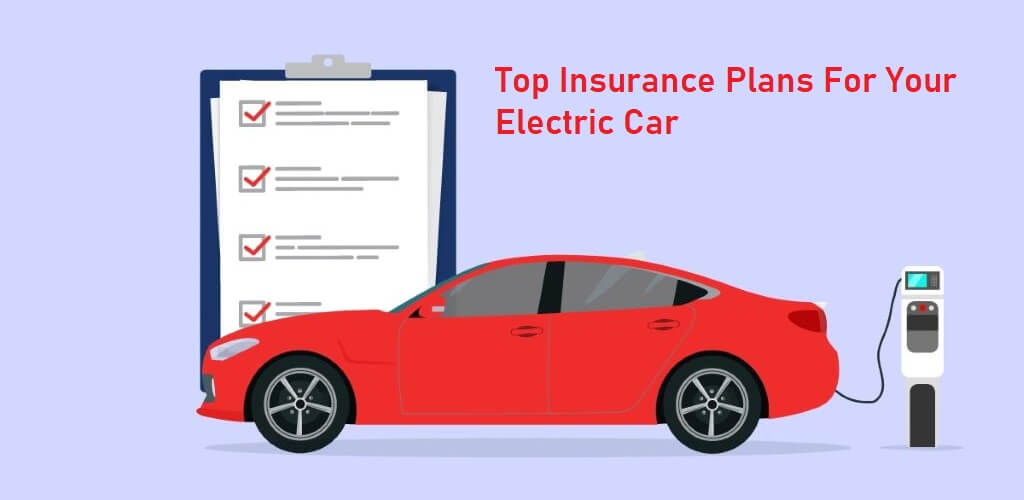In today’s fast-paced digital world, social media is more than just a platform for sharing content; it's a vital channel for communication, customer service, and brand reputation management. One of the critical aspects of effective social media management is response time. Quick and thoughtful responses can significantly impact your brand’s perception and customer satisfaction. This blog delves into why speeding up your social media response time is crucial and provides practical strategies to achieve this.
The Importance of Rapid Response Time
Enhancing Customer Satisfaction
In the era of instant gratification, customers expect swift responses to their inquiries and concerns. When you respond quickly, you demonstrate that you value their time and are committed to addressing their needs. A fast response time can turn a potentially negative experience into a positive one, boosting overall customer satisfaction and loyalty.
Building Trust and Credibility
A brand that is responsive and attentive is perceived as more trustworthy. When you promptly address questions, comments, and complaints, you show that your company is reliable and engaged with its audience. This builds credibility and can enhance your reputation as a customer-focused brand.
Gaining a Competitive Edge
In a crowded marketplace, responsiveness can set you apart from competitors. Brands that prioritize quick replies can attract and retain customers who value efficient communication. By being faster than your competitors, you create a distinct advantage that can influence consumer choice.
Managing Negative Feedback Effectively
Negative feedback on social media can spread quickly and damage your brand’s reputation. A swift response to complaints or negative comments allows you to address issues before they escalate. By handling criticism professionally and promptly, you can mitigate potential damage and demonstrate a commitment to resolving problems.
Leveraging Engagement Opportunities
Social media platforms offer valuable opportunities for engagement that can drive brand awareness and growth. Quick responses to positive comments, mentions, and questions can foster a sense of community and encourage further interactions. Engaging promptly with your audience can amplify your brand’s presence and influence.
Strategies to Speed Up Your Social Media Response Time
Implement Social Media Management Tools
Social media management tools can streamline your communication processes and improve response times. Platforms like Hootsuite, Buffer, and Sprout Social allow you to monitor multiple accounts, track mentions, and schedule posts. They also offer features for managing and responding to messages from a centralized dashboard, reducing the time spent navigating different platforms.
Set Up Alerts and Notifications
Enabling notifications for social media mentions, messages, and comments ensures that you’re aware of interactions in real-time. Configure alerts for important keywords and customer interactions so that you can respond promptly. Many social media platforms and management tools offer customizable notification settings to help you stay on top of engagement.
Create a Response Time Policy
Establishing a clear response time policy sets expectations for your team and audience. Determine acceptable response times for different types of interactions, such as comments, direct messages, and mentions. Communicate these standards internally and ensure that your social media team is equipped to meet them.
Develop a Dedicated Social Media Team
A dedicated social media team can handle customer interactions more efficiently than a general team. Assign team members specific roles and responsibilities for monitoring and responding to social media activity. This specialization ensures that interactions are managed promptly and effectively.
Utilize Automated Responses Wisely
Automated responses can be a helpful tool for managing high volumes of interactions. Set up automated replies for common questions or acknowledgments to acknowledge receipt of inquiries. However, ensure that these automated messages are personalized and don’t replace genuine human interaction.
Train Your Team
Training your social media team is crucial for maintaining a quick response time. Provide them with the necessary tools, resources, and training to handle inquiries efficiently. Training should include guidelines for tone, style, and best practices for engaging with your audience.
Monitor and Analyze Performance
Regularly monitor and analyze your social media response performance to identify areas for improvement. Use analytics tools to track response times, engagement rates, and customer feedback. Assess this data to refine your strategies and enhance your response efficiency.
F & Q (Frequently Asked Questions)
Q1: How quickly should I respond to social media comments and messages?
A1: The ideal response time varies depending on the platform and the nature of the interaction. Generally, aim to respond to comments and messages within 1-2 hours during business hours. For critical issues or complaints, prioritize a response within 30 minutes if possible.
Q2: What tools can help me improve my social media response time?
A2: Tools like Hootsuite, Buffer, Sprout Social, and Zendesk can help manage and streamline social media interactions. They offer features such as centralized dashboards, automated responses, and real-time notifications to enhance response efficiency.
Q3: How can I handle a high volume of social media interactions without sacrificing response quality?
A3: Implementing social media management tools, creating a dedicated team, and utilizing automated responses can help manage high volumes efficiently. Additionally, training your team to handle interactions effectively and maintaining clear communication guidelines can ensure quality responses.
Q4: What should I include in my social media response time policy?
A4: Your policy should outline acceptable response times for different types of interactions, such as comments, messages, and mentions. Include guidelines for handling urgent issues, escalation procedures, and the roles and responsibilities of your social media team.
Q5: How can I measure the effectiveness of my social media response strategy?
A5: Use analytics tools to track key metrics such as response times, engagement rates, and customer satisfaction. Regularly review this data to assess the effectiveness of your strategy and identify areas for improvement.
Q6: Are automated responses a good idea for managing social media interactions?
A6: Automated responses can be useful for acknowledging receipt of inquiries or providing answers to frequently asked questions. However, they should be used sparingly and complemented with genuine human interaction to maintain a personal touch.
Q7: How can I train my team to improve social media response times?
A7: Provide training on using social media management tools, handling different types of interactions, and adhering to your response time policy. Regularly review performance and offer feedback to help your team continuously improve their response efficiency.
Speeding up your social media response time is more than just a tactical move; it’s a strategic imperative in today’s competitive digital landscape. By enhancing customer satisfaction, building trust, gaining a competitive edge, managing negative feedback effectively, and leveraging engagement opportunities, you can significantly impact your brand’s success. Implementing the right tools, policies, and training will help you achieve faster response times and maintain a strong, positive presence on social media. In a world where every interaction counts, making your responses swift and thoughtful will set your brand apart and drive long-term success.
Get in Touch
Website – https://www.webinfomatrix.com
Mobile - +91 9212306116
Whatsapp – https://call.whatsapp.com/voice/9rqVJyqSNMhpdFkKPZGYK
Skype – shalabh.mishra
Telegram – shalabhmishra
Email - info@webinfomatrix.com

%20(1).jpg)










 English (US) ·
English (US) ·